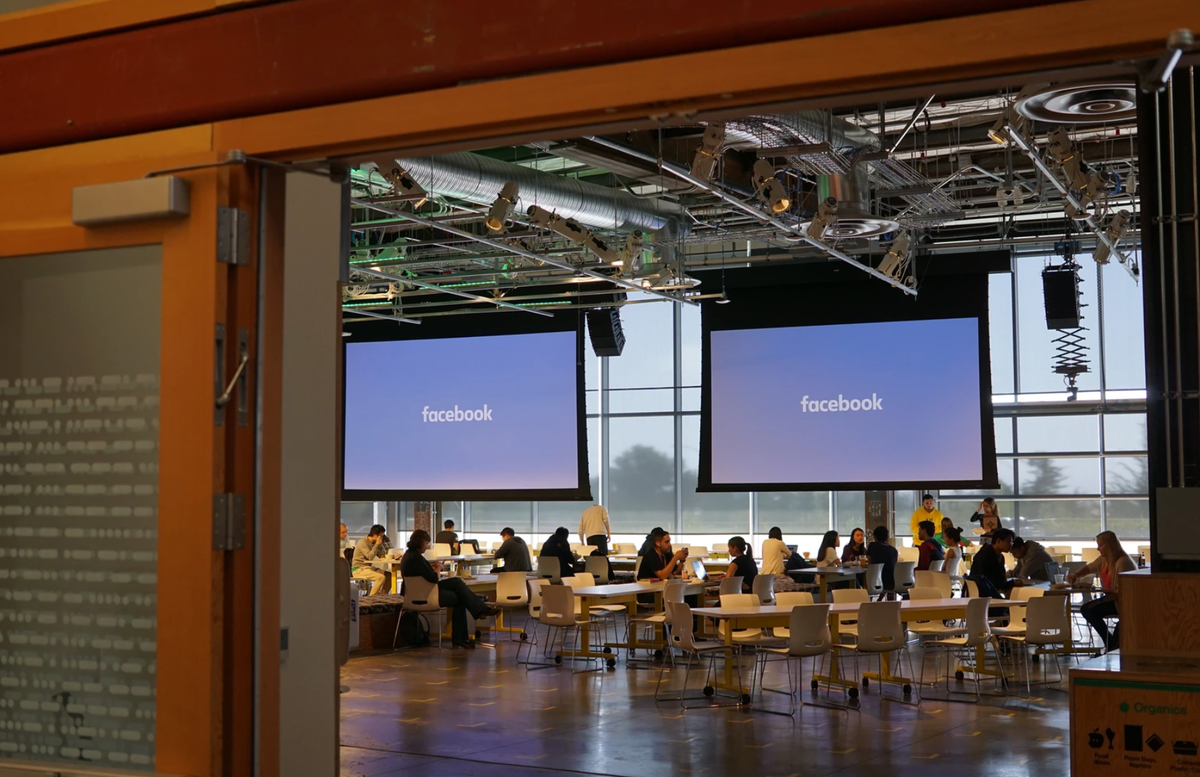In spring, 2018, Mark Zuckerberg invited more than a dozen professors and academics to a series of dinners at his home to discuss how Facebook could better keep its platforms safe from election disinformation, violent content, child sexual abuse material, and hate speech. Alongside these secret meetings, Facebook was regularly making pronouncements that it was spending hundreds of millions of dollars and hiring thousands of human content moderators to make its platforms safer. After Facebook was widely blamed for the rise of “fake news” that supposedly helped Trump win the 2016 election, Facebook repeatedly brought in reporters to examine its election “war room” and explained what it was doing to police its platform, which famously included a new “Oversight Board,” a sort of Supreme Court for hard Facebook decisions.
Several years later, Facebook has been overrun by AI-generated spam and outright scams. Many of the “people” engaging with this content are bots who themselves spam the platform. Porn and nonconsensual imagery is easy to find on Facebook and Instagram. We have reported endlessly on the proliferation of paid advertisements for drugs, stolen credit cards, hacked accounts, and ads for electricians and roofers who appear to be soliciting potential customers with sex work. Its own verified influencers have their bodies regularly stolen by “AI influencers” in the service of promoting OnlyFans pages also full of stolen content.
Meta now at best inconsistently responds to our questions about these problems, and has declined repeated requests for on-the-record interviews for this and other investigations. Several of the professors who used to consult directly or indirectly with the company say they have not engaged with Meta in years. Some of the people I spoke to said that they are unsure whether their previous contacts still work at the company or, if they do, what they are doing there. Others have switched their academic focus after years of feeling ignored or harassed by right-wing activists who have accused them of being people who just want to censor the internet.



Exactly. All these articles on how tech companies are “turning scammy.” No, they were always scammy, it’s just become unavoidably obvious now.
I remember around the same time you dropped FB saying to people that their metrics on targeted ads were undoubtedly inflated. They’ve literally always been feeding the world nothing but bullshit.
EDIT: It’s weird how hard it was to find this image. In a lot of places it shows up as “image not found.” Looks like Zuck has been trying to erase it from the internet.
I mean for Facebook, it makes sense. Very early on, even before it expanded out to other colleges, didn’t it start out as a “Hot or not” type thing by ol Zuck?
Keep in mind that it might not be related at all to zuck silencing things. Imgur, the main image hosting platform in the past decade or so, purged image uploads from non-users a couple of years ago.
That said this could be doctored in many ways, not sure it’s a smoking gun.
I’m literally talking about news articles, though, who are hosting their own images.
Fair enough, got a link to these articles? There weren’t any mentioned in the original comment
https://www.esquire.com/uk/latest-news/a19490586/mark-zuckerberg-called-people-who-handed-over-their-data-dumb-f/
First Google hit from Esquire. Hosted on “hearstapps” which is owned by Hearst, a major media company.